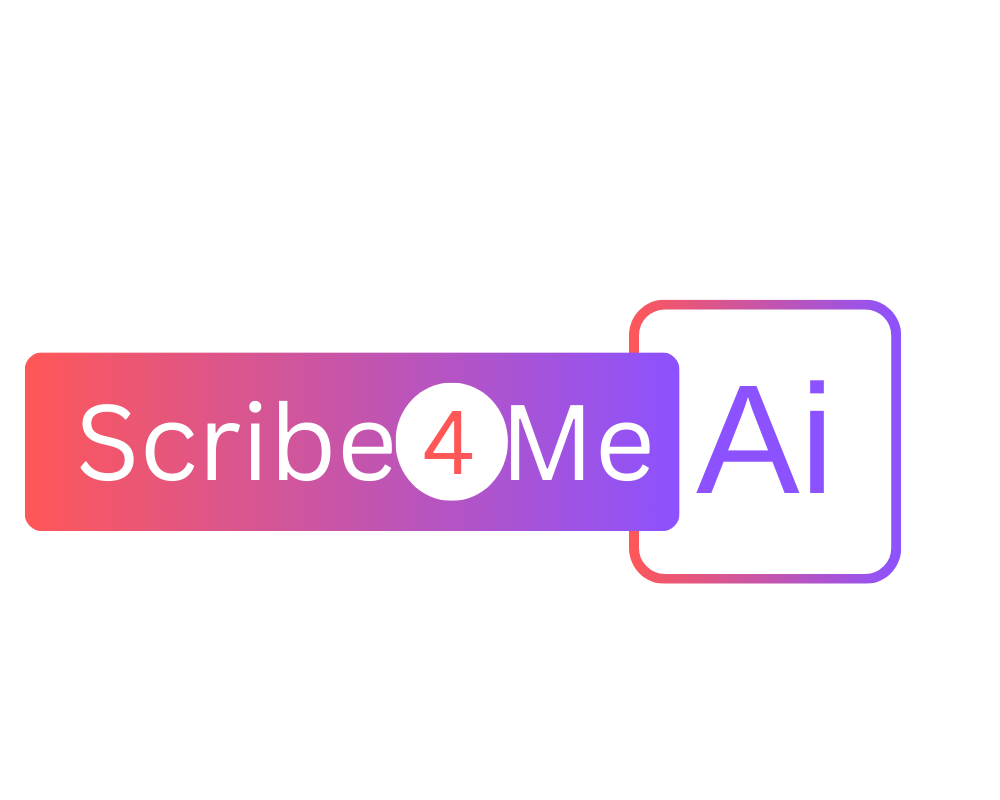

How an AI Scribe Changed Dr. Brian Hoberman’s Workday
Brian, a family physician, has been practicing medicine for almost 30 years. Like many physicians, he entered the field to care for patients. The long hours, the emotional toll, the years of schooling he accepted it all. What he didn’t expect, though, was how much of his time would be taken up by something other than patients – clinical documentation. Yes, the burden of EHRs began to weigh him down slowly. Brian found himself spending more time documenting visits than actually connecting with patients. Many of his evenings were spent completing charts, leaving him exhausted and burned out. He got home drained, often missing dinner with his family or time with his kids. And the cycle repeated every day. But things finally began to change when he was introduced to AI-powered scribing.
Struggling To Keep Up – The Toll Of Documentation
At first, Brian tried to handle all of the documentation tasks on his own. He even skipped lunch breaks, squeezed in quick note-taking between appointments and stayed late every evening to catch up. But no matter how hard he tried, the charts kept piling up. “I didn’t go into medicine to become a data clerk,” Brian once said. The joy he once felt seeing a patient smile or hearing their gratitude started to fade. Over time, the stress began to spill into his personal life. He was constantly tired, emotionally drained and struggling to maintain his usual calm. One evening, Brian’s wife gently brought it up. “You’re not really here even when you’re home.” That hit him hard. He knew something had to change. He realized that unless he found a way to manage his documentation workload, both his work and personal life would continue to suffer. That’s when he turned to AI scribes.
Rediscovering The Joy Of Medicine
Before using an AI scribe, Brian felt disconnected from his patients. “I used to type while they spoke. I hated that,” he says. “I wanted to look them in the eye, listen to their concerns not click boxes.” With an AI scribe in the room, that changed. The system listens in on the patient visit, automatically records everything, and after a bit of processing generates an often highly accurate and readable clinical note. It can also create discharge summaries or follow-up instructions for patients. Brian simply reviews and signs them off at the end of the visit. He no longer had to stay late into the night charting or feel like a data entry clerk. Now, Brian was able to focus fully on his patients during appointments and reclaim his evenings, restoring the passion that brought him to medicine in the first place.
Better Connection With Patients
Patients noticed the difference too. “I can actually talk to my physician now,” one of Brian’s patients shared. “He’s not just staring at a screen anymore.” With the AI scribe, Brian no longer had a keyboard or screen coming between him and his patients. This change allowed Brian to reclaim the human touch in his practice. He started to fully focus on conversations, ask more meaningful questions, and pick up on subtle emotional cues something he had missed while multitasking with the EHRs. What he truly appreciates is how this technology strengthens the direct connection with patients while also saving valuable time during visits, significantly benefitting both him and those he genuinely cares for.
More Time, Less Burnout
Brian now wraps up his work and leaves the office on time most days. He spends his evenings with family instead of in front of a laptop. “I didn’t realize how much the charting stress was weighing on me until it was gone,” he says. His burnout symptoms began to ease and he felt energized again, and even excited to go to work. For Brian, AI scribes offered far more than just time savings. They helped restore his passion for medicine. Brian also adds that by significantly reducing documentation burdens, AI scribes play a key role in preventing burnout, boosting morale, improving satisfaction and attracting more people to the field.
From Frustration To Fulfillment
For Brian, the AI scribe is more than just a piece of technology it’s a quiet partner in the room that allows him to be the kind of physician he always wanted to be. While it’s not a perfect system, the improvements are undeniable. “It’s like I reclaimed part of my life back,” he says. “And my patients are better off for it.” Reflecting on earlier EHRs, Brian recalls how many found the systems frustrating, adding endless clicks and complexity, yet no one wanted to lose their benefits. Now, this new technology solves problems once thought impossible, easing burdens and letting him focus on patients. This shift has not only improved patient care but also reignited Brian’s passion for medicine, keeping him motivated and inspired at work once again.
Concluding Thoughts
Brian’s experience shows how AI scribes can transform a physician’s daily work, easing the burden of documentation while restoring the joy of patient care. With so many practices considering AI scribes right now, hearing experiences like Brian’s can help others understand how it works and feel more confident about giving it a try. It’s clear that an AI scribe is not just a tool it’s becoming more of a trusted partner that helps physicians stay focused on patient care.
Imagine reclaiming your time, restoring your passion, and reconnecting with your patients just like how Brian did. That sounds exciting isn’t it? Hire Scribe4Me AI today and get set to experience the difference it can make to your practice as well as your life!


